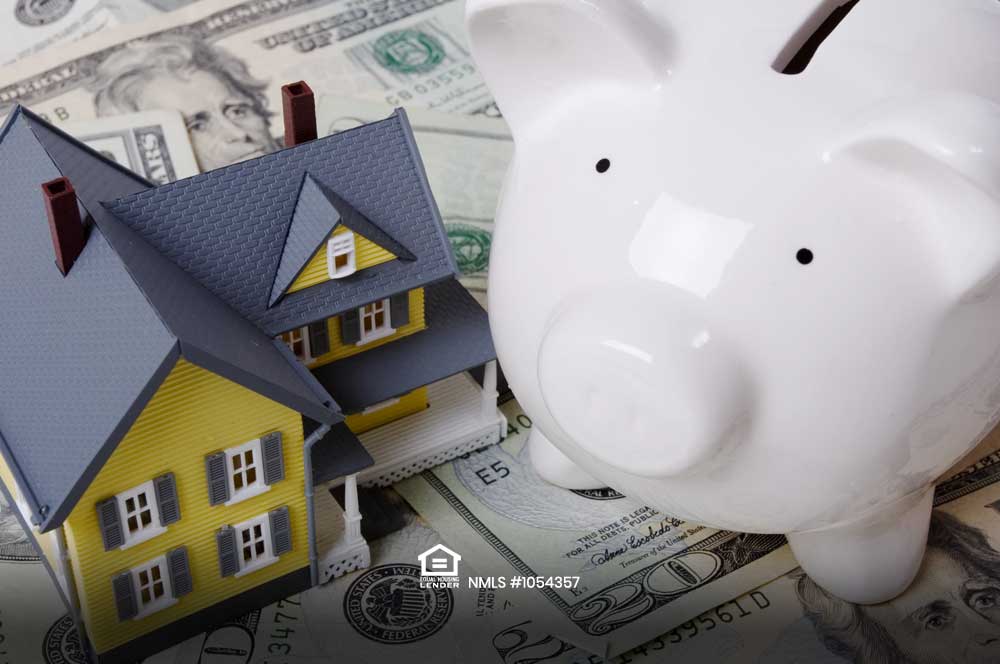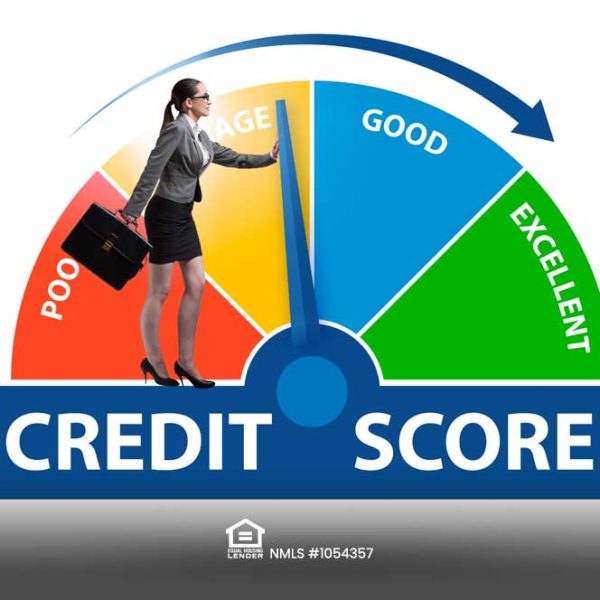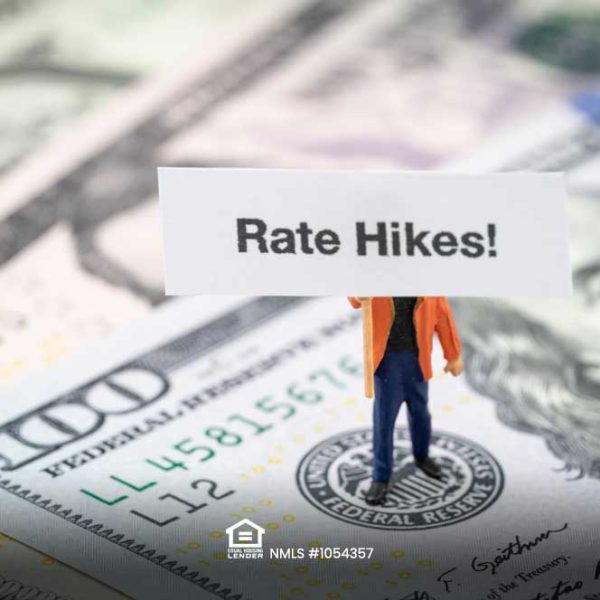An escrow account is like a savings account that the mortgage company holds for you. It may be required for your loan. When you pay your mortgage payment a portion of the taxes and insurance are paid with your mortgage payment. This helps you allocate a portion of your total housing payment toward your annual property taxes, homeowners insurance and mortgage insurance. You may be required to open an escrow account if you make a down payment of less than 20 percent, because lenders consider those types of loans to be riskier.
When you first close on your loan, the lender requires a certain number of months of reserve money to be placed in an account with the lender’s financial institution. Every month, the lender puts a pro-rated portion of your mortgage payment towards taxes and insurance into that account. The financial institution pays the taxes and insurance from this account. If in the future, you sell your house or pay off the loan, the balance of the money in the account would be refunded to you. When you purchase a mortgage, build, or refinance a home, lenders will most likely set up an escrow account. Each month, you pay a portion of the estimated annual costs along with your principal and interest. This monthly payment is reviewed yearly to cover increases in taxes or insurance premiums. Your escrow account can rise with rising property taxes. this will also increase in the escrow on a fixed-rate mortgage loan.











